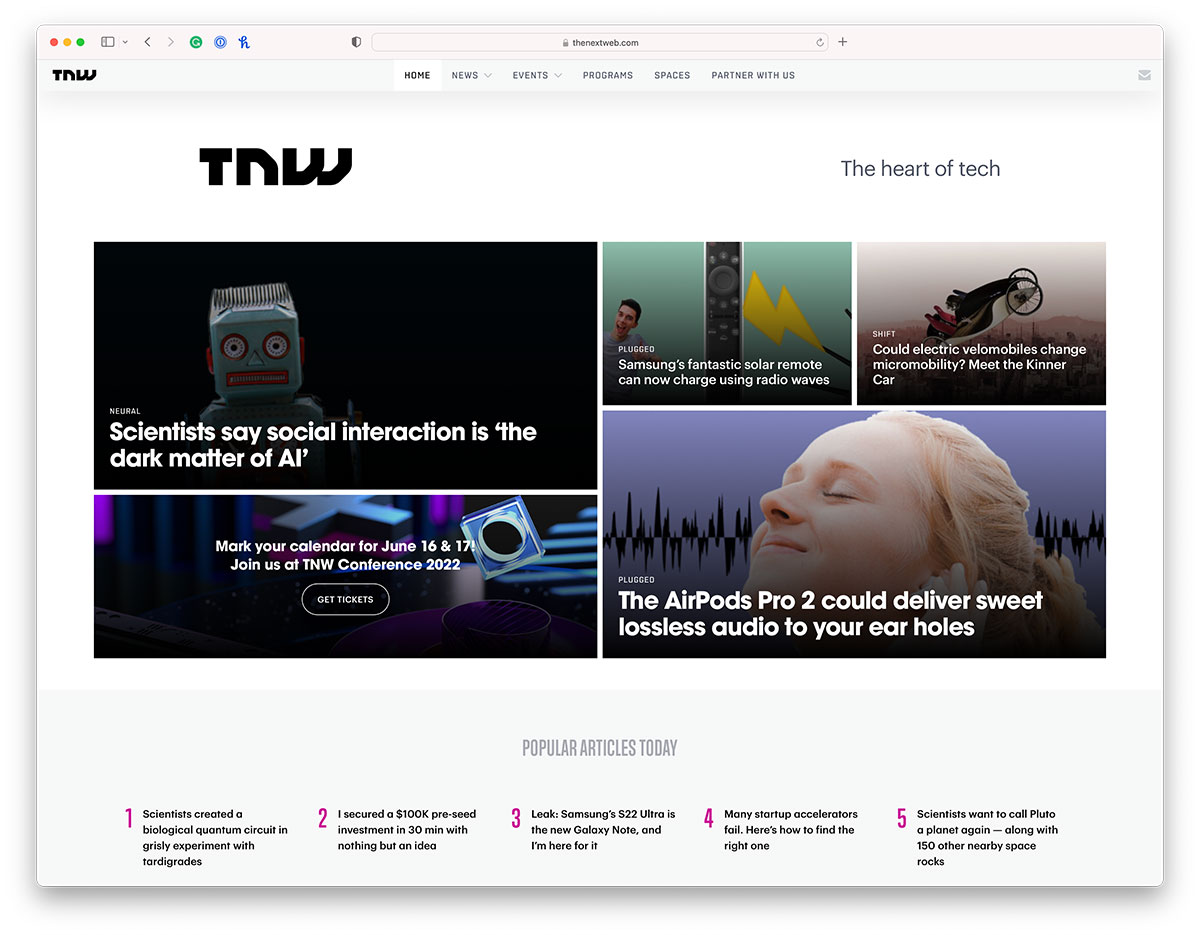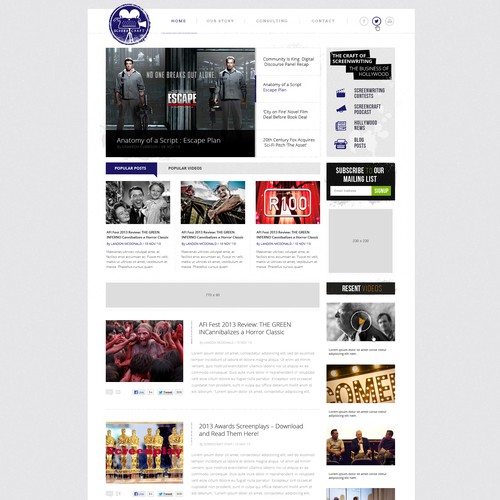The News Websites Ideas
The News Websites Ideas
Blog Article
Some Ideas on News Websites You Need To Know
Table of ContentsGetting My News Websites To WorkThe smart Trick of News Websites That Nobody is Talking AboutThe smart Trick of News Websites That Nobody is Talking About6 Simple Techniques For News WebsitesThe Facts About News Websites Uncovered
It was down in the UK and Brazil however up a few other countries, such as Greece, Bulgaria, and Poland (News Websites). This year, for the very first time, we inquired about the various means that individuals prevent the news and found that around half of avoiders (53%) were attempting to do so in a broad-brush or regular method as an example, by switching off the radio when the news began, or by scrolling past the news in social mediae.g. scrolling previous news, altering networks when information begins. of avoiders check sources less often. e.g. limit to certain times of day, shutting off alerts, etc. of avoiders stay clear of some subjects. e.g. topics that lower mood or rise anxiety. You stated that you attempt to proactively prevent information.

I'm most likely selecting to read even more light-hearted stories than I used to currently. M, 51, UK Turning my back on information is the only means I feel I can cope sometimes. I have to purposely make the effort to transform away for the benefit of my own psychological health.
Top Guidelines Of News Websites
Discerning evasion of Ukraine news was highest in a number of the nations closest to the conflict, enhancing searchings for from our additional study last year, not long after the battle had begun. Our information might not suggest a lack of interest in Ukraine from neighboring countries yet instead a need to handle time or protect mental health from the really real scaries of war.
Contrasting Finland with a politically polarised country such as the United States (see next graph) that is much less influenced by the war, we locate an extremely various pattern of subject evasion. In the United States, we locate that customers are much more most likely to avoid topics such as national politics and social justice, where disputes over issues such as sex, sexuality, and race have actually come to be extremely politicised.
American politics are pretty poisonous these days. I find often that I have to disconnect from stories that simply make me angry. F, 61, read review United States For some individuals, bitter and disruptive political arguments are a reason to switch off news completely, but for some political partisans, avoidance is commonly concerning blocking out perspectives you don't intend to hear.

Getting My News Websites To Work
Some are aiming to make news more accessible for hard-to-reach groups, expanding the news agenda, commissioning more inspiring or positive news, or accepting useful or options journalism that provide individuals a sense of hope or personal company. In our survey this year, we asked participants concerning their rate of interest in these various methods.
This clarifies why stories like Ukraine or national politics execute well with information regulars but can at the same time turn much less interested customers away (News Websites). Selective avoiders are less interested in all kinds of information than non-avoiders yet in relative terms they do appear to be much more interested in favorable or solutions-based news

News Websites Things To Know Before You Get This
2023). This may be real in the moment, yet in time it seems to be leaving lots of people empty and much less completely satisfied, which may be weakening our link with and count on the news. helpful resources Throughout markets, general count on information (40%) and trust in the sources individuals use themselves (46%) are down by an additionally 2 portion points look at this web-site this year.
Undoubtedly, via the rear-view mirror, the COVID-19 trust bump is clearly noticeable in the complying with graph, though the instructions of traveling later on has been mixed. Sometimes (e.g. Finland), the count on boost has actually been kept, while in others the upturn looks more like a blip in a tale of continued long-lasting decrease.
Several of the highest reported degrees of media criticism are found in countries with highest degree of mistrust, such as Greece, the Philippines, the United States, France, and the United Kingdom. The most affordable degrees of media objection frequent those with higher levels of trust fund, such as Finland, Norway, Denmark, and Japan.
The Only Guide to News Websites
This year we asked respondents regarding their preferences for message, sound and video clip when eating news online. Usually, we locate that the bulk still favor to check out the news (57%), instead than watch (30%) or pay attention to it (13%), however younger people (under-35s) are more probable to pay attention (17%) than older groups.
Behind the standards we find substantial and shocking country differences. In markets with a solid analysis practice, such as Finland and the UK, around 8 in ten still favor to review online news, but in India and Thailand, around four in 10 (40%) state they favor to view news online, and in the Philippines that proportion mores than fifty percent (52%).
Report this page